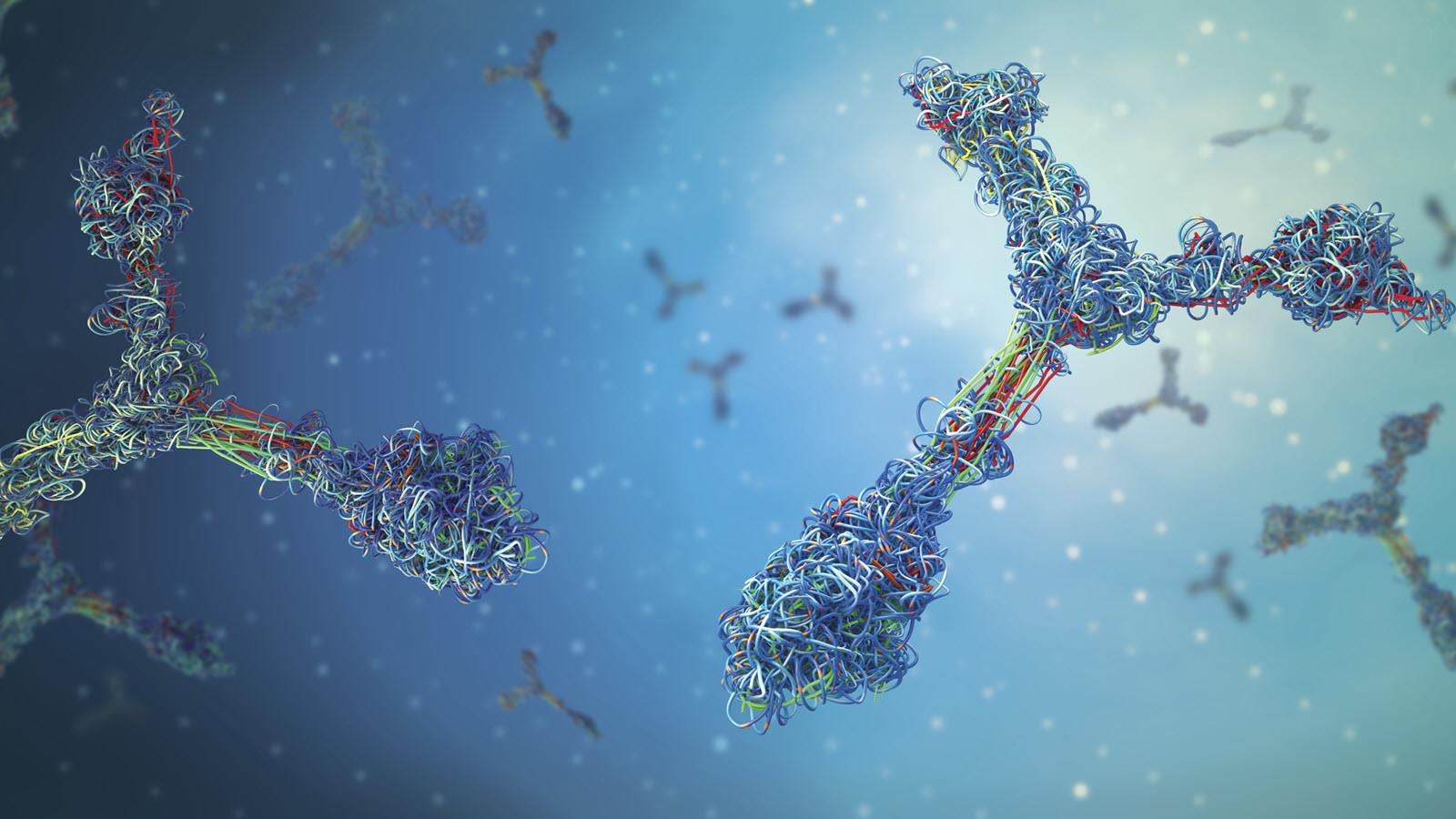Improving awareness, diagnosis and treatment of primary immunodeficiencies worldwide.
What is Primary Immunodeficiency?
The immune system keeps the body healthy by fighting off bacteria and viruses, however for people living with primary immunodeficiency disease (PID, sometimes known as PI, PIDD or inborn errors of immunity (IEI)) the immune system fails to do this. The defects in the immune system are present at birth, but symptoms may appear in infancy or later in life. Primary immunodeficiency isn’t a single disorder; it refers to a group of over 450 rare chronic conditions that affect a person’s immune system. PID can range in severity depending on the specific conditions involved. Primary immunodeficiency disorders include B cell deficiencies, T cell deficiencies, DiGeorge syndrome, and Kabuki syndrome.
PID (Primary immunodeficiency) is caused by genetic factors and having a family history is the biggest risk factor for developing an immunodeficiency (PI) disorder. The genetic factor makes primary immunodeficiency different from secondary immunodeficiency, which is due to a medication or a disease process. Once correctly diagnosed and treated, people with PID can live full and active lives.
Symptoms of Primary Immunodeficiency
Very often people with primary immunodeficiency experience frequent infections that are difficult to treat, keep coming back, or are severe or unusual. Sometimes, they have family members who have experienced similar difficulties with infections. These infections commonly include sinus infections, skin infections, pneumonia, bronchitis, ear infections, and meningitis.
Other common symptoms of PID include:
- Digestive problems
- Blood disorders
- Lack of growth and weight gain in infants
- Autoimmune diseases
- Swollen lymph nodes
- Complications after being given live vaccines

How is Primary Immunodeficiency diagnosed?
An immune system specialist, called an immunologist, can help with diagnosis and treatment. When an immunologist evaluates the immune system, the evaluation may include: a detailed medical history, a physical exam, blood tests and vaccines to test the immune response.





